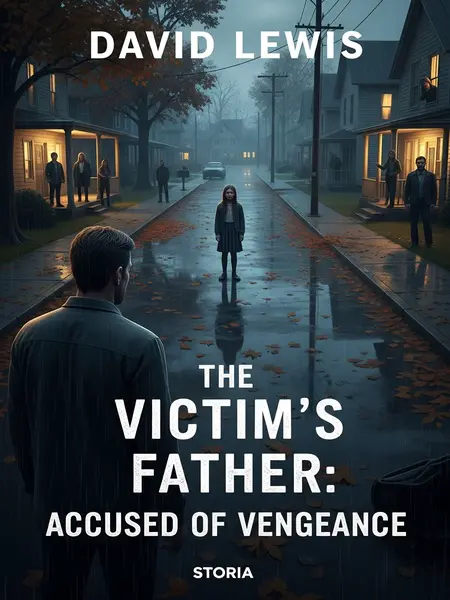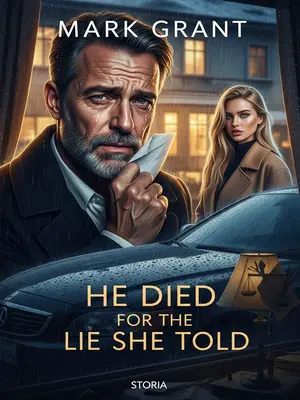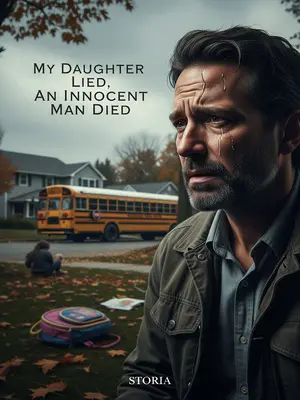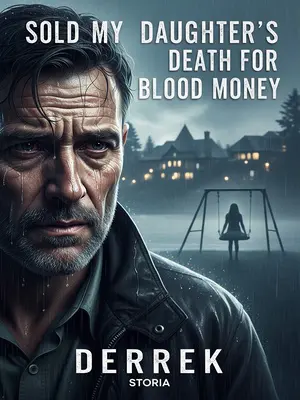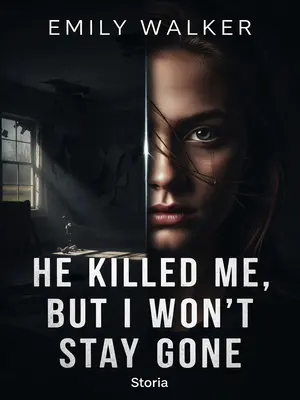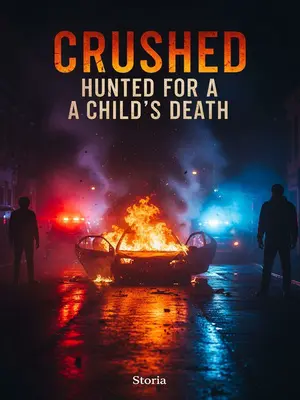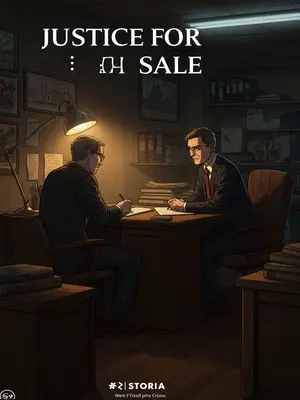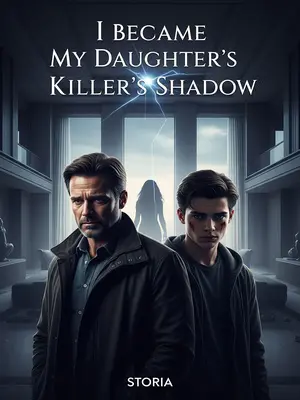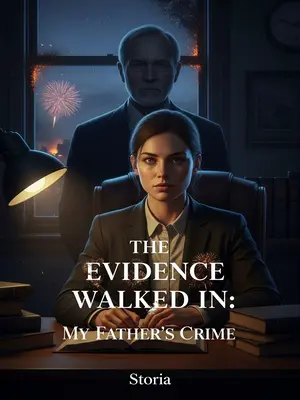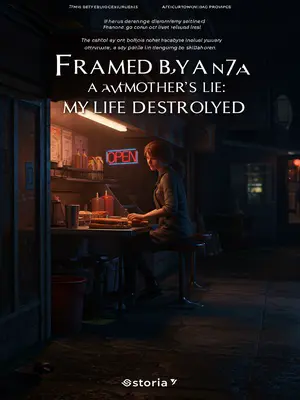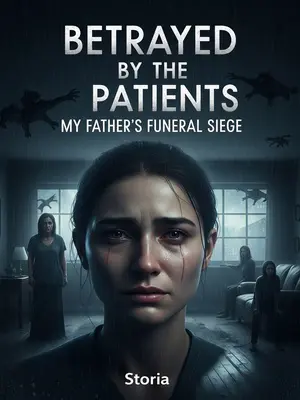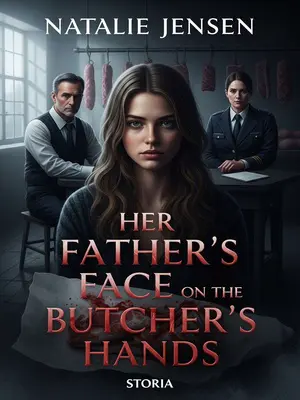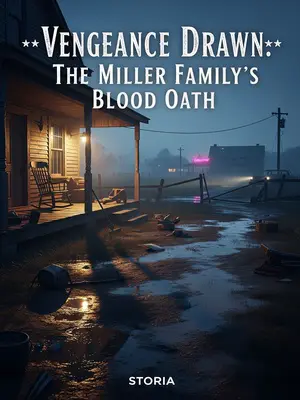Chapter 1: The Case That Shook the Town
News like this didn’t just rattle the station—it cracked the whole town wide open. Even for those of us who’d seen our share of tragedy, the squad room went dead quiet when the call came in—a silence heavy with dread.
A six-year-old girl was abducted and abused by neighborhood kids—the kind of horror you can’t even imagine.
Some of the younger officers turned away, their faces pale, fists clenched. In towns like ours, where trouble usually means a runaway dog or mailbox baseball, the idea that kids could do this to another child felt impossible. We’d handled tough cases before, but nothing like this.
Even more shocking, she stayed conscious through the whole ordeal—and somehow, she survived.
Later, the hospital staff would talk about her spirit: how she clung to life even as everything else was ripped away. Her story made the rounds, the sort of resilience you’d hear about on a true-crime podcast—the kind that sticks with you.
When the case finally went to court, the outcome left everyone reeling. All four perpetrators were kids from town—the oldest only fourteen, the youngest just nine.
People expected justice, but the verdict brought nothing but outrage. In the courthouse parking lot, neighbors glared at the kids' parents, muttering under their breath. Even the judge looked ill, as if wishing for a way to do more.
But that wasn’t the end of it.
We knew, standing outside the courthouse, that nothing had really been resolved. People lingered, arms folded, eyes darting to every unfamiliar car. Tension hung in the air, a fuse waiting to be lit.
The aftermath was worse than any of us could have guessed.
It was like a storm had rolled through—on the surface, things quieted, but underneath, resentment and fear kept churning. This case would haunt our town for months to come.
We called the victim Emily Lewis.
We shielded her identity even in our own reports. The news called her "Emily," and only a handful of officers knew her real name. In the hospital halls, nurses would pass her room with a glance, careful not to stare.
After surgery, she spent an entire year in a hospital bed before being discharged. For the rest of her life, she’d likely need a catheter.
The doctors did what they could, but the damage was permanent. The social worker on her case admitted she’d cried more than once—seeing a child play with a Barbie on TV would send her right back to those hospital visits.
Since all the perpetrators were under fourteen, they couldn’t be tried in adult court. In the end, it was juvenile petitions, formal warnings, and promises from their parents.
In our state, juvenile laws mean even the worst acts by kids rarely end in jail—more often it’s a written warning, supervision, maybe a stint in a juvenile center. This time, it was little more than paperwork and words.
The parents only had to pay a civil settlement, and once it was finalized, they all hurried out of town.
Checks were signed, lawyers exchanged tense emails, and soon, minivans and U-Hauls lined the streets. Real estate signs appeared overnight. Neighbors watched from behind curtains, no one waving goodbye. There were no going-away parties.
Two families moved an hour away; two left for other states where the parents had jobs.
It all seemed planned. Some moving trucks slipped away in the middle of the night. At the grocery store, cashiers whispered about seeing the Evanses for the last time. Schoolkids asked where their classmates had gone, but teachers just shrugged.
It was as if, except for the victim, no one else had really suffered.
That was the unspoken truth. Emily and her dad stayed, while the town tried to scrub the memory clean. But the sense of injustice stuck around like a stain that wouldn’t wash out.
Consequences came fast.
Within weeks, rumors started. Anonymous posts on the local Facebook group talked of "unfinished business" and "bad blood." The past wasn’t done with us yet.
One rainy Tuesday, we got a call from the homicide unit in a neighboring city—they needed help on a case that crossed jurisdictions. Captain Mike Harris handed me the file. "You’re up," he said, eyes hard. "We’ve got something ugly brewing next door."
Detective John Carter and Officer Rachel Hughes were leading the case—both veterans, both tough. Carter was built like a linebacker with a sarcastic streak; Hughes was sharp, always organized. They met me at the county line, coffee in hand, ready to dive in.
From the start, it was clear the murders in their city were gruesome.
Carter didn’t pull punches. “This one’s a mess,” he said, sliding over crime scene photos. Rachel just handed me her notes, lips pressed tight.
A family of three—Greg Lee, Susan Lee, and their ten-year-old daughter Zoe—were all murdered.
The Lees were new in town, now suddenly infamous.
The killer was especially brutal: each victim had over twenty stab wounds, and all had hallucinogenic drugs in their system.
Forensics called it “overkill.” LSD showed up in the blood—a rarity in local cases. The medical examiner whispered, “Like something out of a horror flick.”
Whoever did it had drugged them before stabbing them to death.
It was calculated—whoever did this wanted them helpless. The intent was cold, clinical, and it made even the veterans look uneasy.
As if venting some deep rage, the killer then decapitated the victims, arranging their heads on the coffee table.
The scene was nightmarish—almost ritualistic, but fueled by personal fury. The family’s couch still faced the horror, the room too neat for comfort.
The three were arranged with eerie precision.
Officers who’d seen plenty of bloodshed were shaken. A rookie threw up in the bushes. Nobody wanted to be on this case.
Because the family had no friends or relatives nearby and lived in a remote farmhouse, their bodies were only found after a week—when the smell became too much for a passing UPS driver.
The farmhouse was isolated, past dead cornfields. When the sheriff finally entered, the bodies were already decomposing.
There were no signs of forced entry—locks intact, windows unbroken. Whoever it was, the Lees had let them in.
The killer had wiped down everything—no prints, no hair, no evidence at all. Forensics spent days, but found only the victims’ DNA. It was as if the killer vanished into thin air.
Security cameras in the area picked up nothing—just raccoons and deer. The nearest neighbor was half a mile away. No traffic cams, no leads.
Detective Carter and Officer Hughes began piecing together the Lees’ brief time in town, combing through phone records and social media for any connection.
They soon found two things.
First, the family had only moved in a few months ago—no local friends, no ties.
Unopened boxes still sat in their garage. Their Amazon account showed recent deliveries. The school principal recalled enrolling Zoe but little else.
Second, Zoe Lee had been involved in a vicious case a year before.
The Emily Lewis case.
Carter slapped the file on the table, eyes wide. "It’s her. One of the kids who hurt Emily."
It looked like revenge, and even without evidence, Carter suspected Emily’s parents—either David Lewis or Amy Greene.
The idea stuck. The motive was obvious, and no one else fit the bill for such targeted brutality.
But with nothing to go on, all we could do was ask David Lewis to come in voluntarily.
Carter called him, reading from a script but unable to hide the suspicion in his voice. Legally, that’s all we could do—ask, not order.
David Lewis refused to come to the station, saying he had to care for his daughter, but agreed to let us visit his home.
He sounded exhausted but steady: “Can’t leave my kid alone. You want to talk? Come here. I’ve got nothing to hide.”
We agreed, and that afternoon, I took Carter and Rachel to David’s house.
We drove past the gas station and faded American Legion sign, rain turning the gravel drive to mud. Carter muttered, “Let’s get this over with.”
I had a feeling it wouldn’t be that simple.
